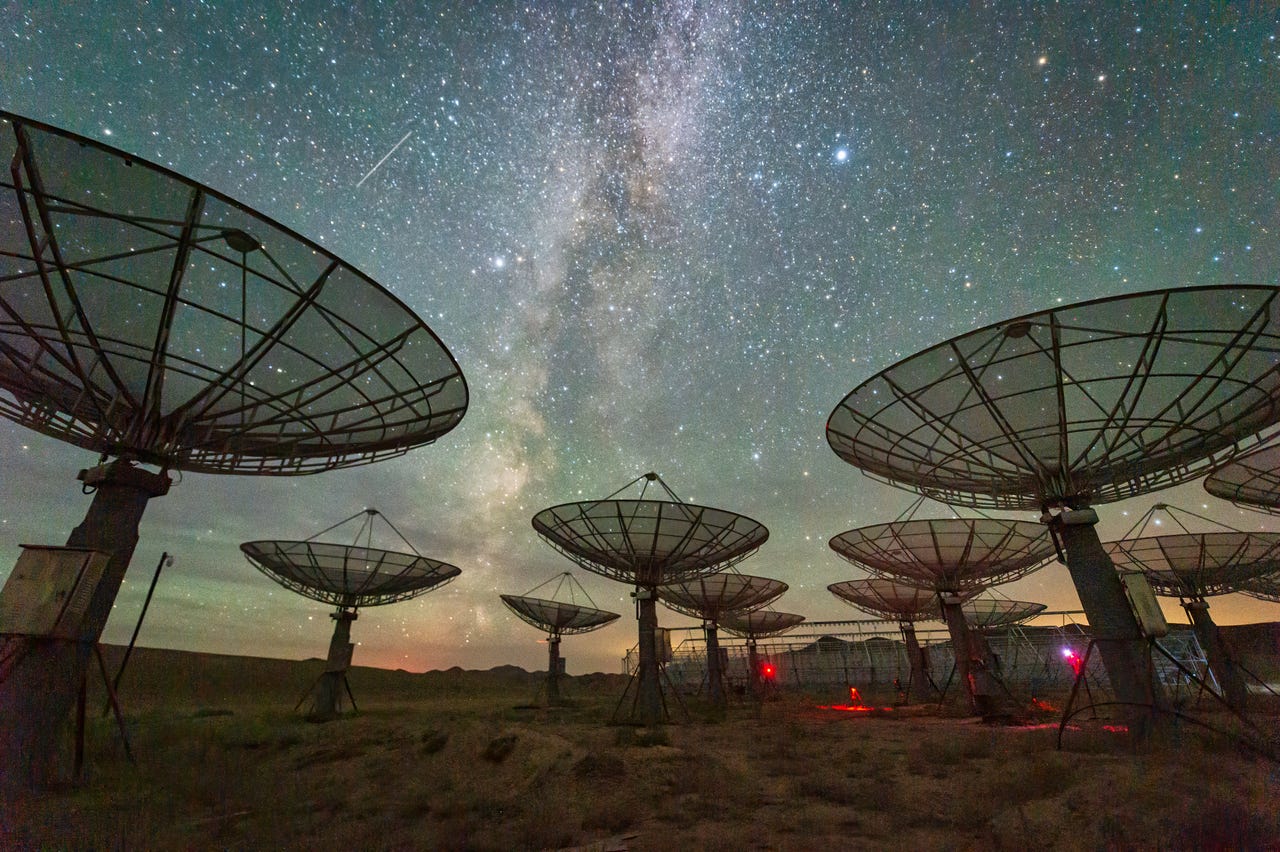This startup established a Bluetooth connection from space. Here's what that means


While you're still struggling to pair your AirPods to your phone, a startup is making Bluetooth connections from space.
On May 2, Hubble Network announced that two of its satellites successfully made a Bluetooth connection to Earth, bridging a distance of over 370 miles. The startup first launched the satellites on March 4, as part of SpaceX's Transporter-10 mission of private clients from California's Vandenberg Space Force Base. Hubble confirmed the satellites received signals sent from a 3.5mm Bluetooth chip last week.
Hubble achieved the breakthrough by upgrading regular, off-the-shelf Bluetooth devices with its software, which then lets devices connect to Hubble's satellite network without using a cellular connection. The startup aims to create "a global satellite network that any Bluetooth-enabled device can connect to," according to its website.
Also: The best Bluetooth trackers you can buy
The key to Hubble's success appears to be its use of Bluetooth Low Energy (BLE). While Bluetooth Classic supports higher data transmission rates, making it ideal for sustained connections like streaming audio, it needs a ton more power as a result, meaning sustaining networks is difficult at scale.
BLE has lower data rates, but that also means it uses less power. Plus, it's capable of longer-range transmission. Still, few anticipated that range could be up to 370 miles.
"We've disproved thousands of skeptics," Hubble Network co-founder and CEO Alex Haro said in a blog post announcing the connection. "By showcasing that we can send signals directly from Bluetooth chips and receive them in space 600 km away, we've opened a new realm of possibilities."
The first-ever Bluetooth signal detected from space
So why even connect to space?
Normally, Bluetooth is used to connect devices close by. BLE currently supports wireless connection between all kinds of consumer tech devices, including fitness trackers, smart home sensors, and gaming consoles. It's also increasingly used for location services and capable of connecting networks of devices together through mesh networking.
Also: What is Matter? How the connectivity standard can change your smart home
Most networks, especially when it comes to the Internet of Things (IoT), are costly, unreliable in remote areas, and require lots of power. Establishing Bluetooth connection to satellites could mean accelerating IoT connectivity on a global scale, with "20 times less battery drain and 50 times lower operating costs," according to the blog post.
"Our innovative approach allows existing Bluetooth-enabled devices to be retrofitted to transmit data to the Hubble Network without any hardware modifications, ushering in a new era of connectivity," Hubble co-founder and CTO Ben Wild explained in Hubble's announcement. "With nearly 5 billion Bluetooth devices sold annually, the impact of this new connectivity could be monumental."
The startup's mission is to "build the world's first truly global, cost-effective, and battery-efficient network," the blog post continues. Because of BLE's lower data transmission rates, it's unclear what the heft of Hubble's global network would be or what communications it could handle in the future.
Sooner, though, the technology has real-world applications, primarily industrial. According to Hubble's website, current use cases for the tech include logistics and container tracking, wildfire and energy grid monitoring, agricultural technology, smart buildings, and elderly safety. Companies could mark their cargo with weatherized BLE chip stickers and track them on the road using Hubble's satellites; farmers could link sensors across hundreds of remote acres without having to build expensive infrastructure.
Also: Finally, a portable Bluetooth speaker that sounds incredible but won't break the bank
"Hubble Network is already working with pilot customers in sectors like consumer devices, construction, infrastructure, supply chain, logistics, oil and gas, and defense to explore these opportunities," the blog post explained.
According to TechCrunch, Hubble plans to launch a third satellite this summer, followed by a fourth in February 2025, both via SpaceX, to form a "beta constellation." The startup will put 36 total satellites into orbit by late 2025 or early 2026 to form its first "production constellation," which will "enable connection with a Hubble satellite roughly two-three hours per day from anywhere in the world."